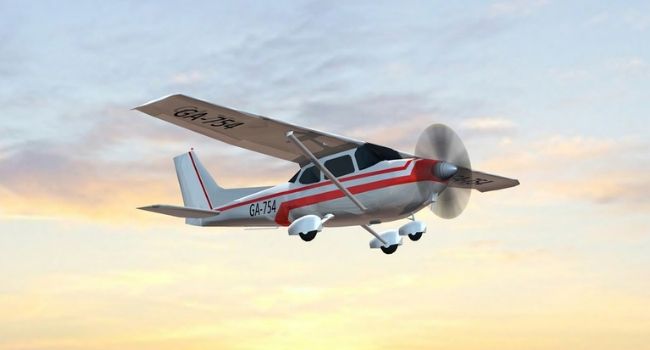
Department of Homeland Security Issues Cybersecurity Warning for Small Planes
Planes using networked communication systems are particularly vulnerable to cyberattacks, according to a flaw discovered by researchers.
- By Haley Samsel
- Jul 31, 2019
The Department of Homeland Security issued a security alert for operators of small planes on Tuesday, advising plane owners that their flight systems are vulnerable to hacking if someone gains unauthorized physical access to their planes.
Plane owners should ensure that they are restricting physical access until the industry develops safeguards to address the problem, the DHS critical infrastructure computer emergency response team said. According to the Associated Press, the issue was originally discovered by Rapid7, a cybersecurity firm based in Boston that reported the bugs to the federal government.
The firm found that an attacker could disrupt and manipulate electronic messages across a small plane’s network by attaching a small device to its wiring. Those messages could include crucial information like engine readings, compass data and altitude.
Aircraft systems, like their automotive counterparts, are becoming more reliant on networked communication systems, the AP reported. Auto companies have already had to address several vulnerabilities exposed in their own systems.
Rapid7’s research focused on small planes because data was easier to acquire and large aircraft typically have more complex systems that must meet additional security regulations, according to the AP. Older small planes with mechanical control systems are also not included in the alert issued by the government.
Lamar Bailey, the senior director of security research at security firm Tripwire, said that organizations often worry about external attacks without realizing the lingering dangers of physical access.
“The ability to directly connect to a system allows the attacker to bypass many of the layers of security in place for remote defense,” Bailey said. “Insider threat is still one of the most dangerous and hardest to defend against.”
The Federal Aviation Administration, which oversees air traffic control operations across the U.S., has also been facing its own set of challenges when it comes to security.
In a Department of Transportation inspector general’s report earlier this year, the FAA was reprimanded for not having a “comprehensive, strategy policy framework to identify and mitigate cybersecurity risks.” The agency responded by vowing to have a plan in place by the end of September, the AP reported.
About the Author
Haley Samsel is an Associate Content Editor for the Infrastructure Solutions Group at 1105 Media.